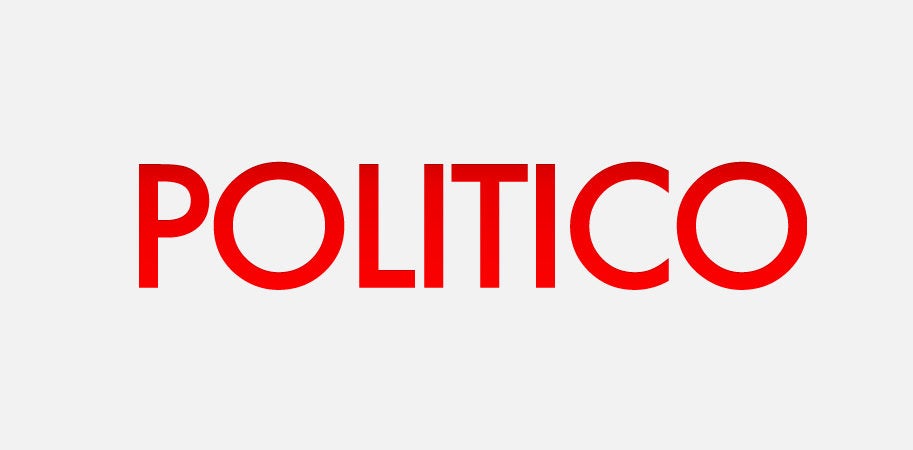CORONAVIRUS INFECTS GLOBAL TRADE: Fifty-four governments around the world have imposed export restrictions on medical supplies and drugs in response to the coronavirus pandemic, according to a new study released Monday by Global Trade Alert, which has been tracking trade-restrictive measures since the global financial crisis.
The United States is not one of those countries, but the list includes the United Kingdom, Germany, France, Italy and other countries in Europe, as well as China, India, Russia, Saudi Arabia, Egypt, Pakistan, Vietnam, Indonesia and Malaysia. The study, authored by Simon Evenett, an economist at the University of St. Gallen in Switzerland, lays out some of the issues countries face as they struggle to ensure they have medical supplies:
— There are 25 nations that report $10 million or more in ventilator exports. The biggest producers — the United States, Germany and China — had more than $500 million in sales. Only one of the producing countries is in Latin America and none are in Africa, the Middle East, South Asia or Central Asia. Half of the world’s ventilator producers are located in the EU and are unavailable to other countries because of export restrictions.
— The total value of trade in six categories of items identified by the World Customs Organization as COVID-19 medical supplies was just below $715 billion in 2018. Disinfectants and sterilization products accounted for the most trade, or $308.6 billion, followed by test kits and related apparatus, which totaled $185.3 billion.
— Canceling tariffs on medical supplies and soap worldwide to facilitate trade would reduce public revenues anywhere between $4.5 billion and $9 billion, a minimal impact on large economies, the report found.
Supply chain concerns: Although experts warn of the unintended consequences of restricting trade, the pandemic has put momentum behind efforts to reshore supply chains or at least guarantee domestic supplies of masks, gloves and medicines are adequate. Evenett said the export restrictions of other countries only provide a “political gift to nationalists and populists.”
White House trade adviser Peter Navarro is still pushing for an executive order that would tighten domestic procurement requirements for federal agencies that purchase pharmaceuticals and medical supplies. That order could reach the president’s desk for a signature by the end of the week, according to people close to the issue, but it has been the subject of pushback from other agencies and outside business groups.
To see the full article, click here.

